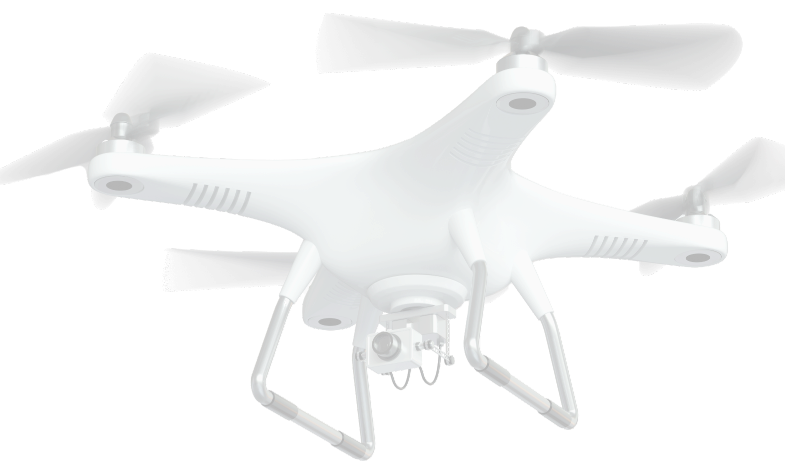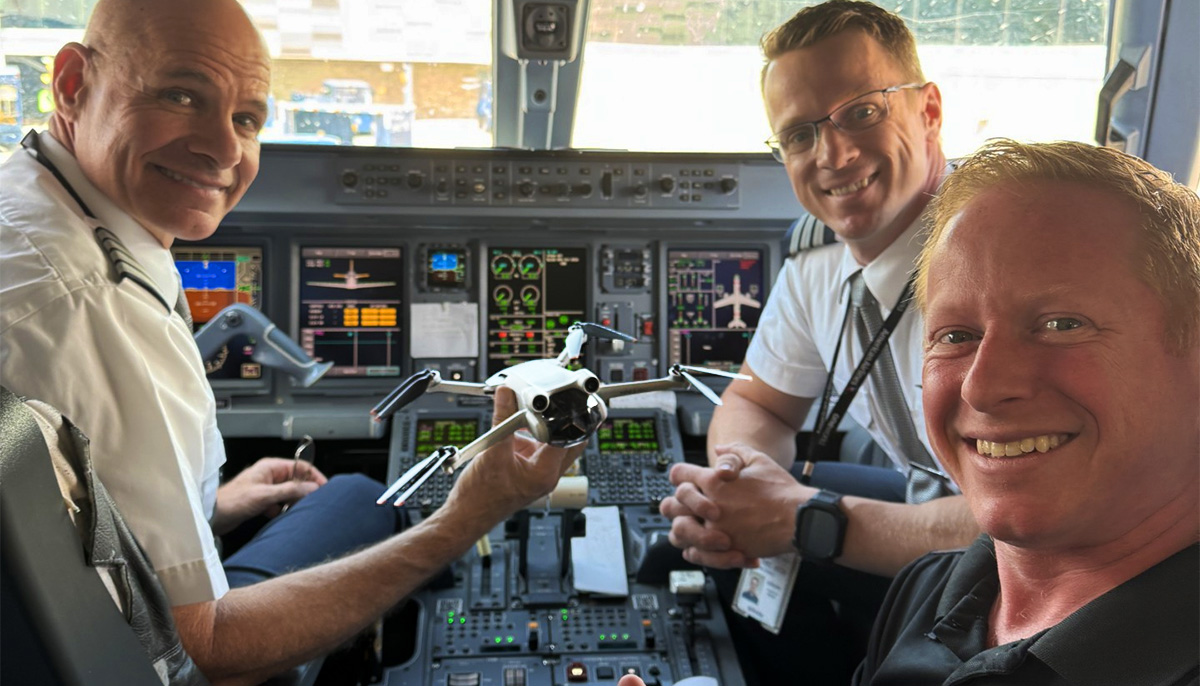
Can You Take a Drone on a Plane? What You Need to Know
Are you a drone pilot? Are you planning on traveling with your drone? In a post 9/11 world, air travel has become a heavily restricted industry. Passenger safety is paramount on an airplane.
If you want to bring your drone along for the ride, there are certain precautions you need to take before getting airborne.
At Rocket Drones, we were founded by industry veterans who have a combined decades of experience in drone technology and how to safely transport drones within the Federal Aviation Administration’s guidelines. In this article, we will discuss travelling with a drone, things to watch out for, and tips to make sure you arrive at your destination safely.
Key Takeaways
- Always pack lithium batteries in your carry-on luggage as checked baggage is prohibited due to FAA regulations. Ensure they are protected to prevent short circuits.
- If your drone has a parachute system that uses pyrotechnics or CO2 cartridges, it may be classified as hazardous. Verify with your manufacturer and airline before traveling.
- Shipping your drone to your destination can be a hassle-free alternative to carrying it on a plane, but ensure compliance with hazardous materials guidelines.
- Familiarize yourself with regulations and take necessary precautions to protect your drone and its components, ensuring a smooth travel experience.
- Always check with your airline about specific drone policies and procedures to avoid any surprises at the airport. Copy Regenerate.
Things to Consider Before Flying with Your Drone
It’s important to understand that the functionality of the drone itself is not what makes it potentially hazardous on board a passenger aircraft. It’s the components within the drone that are problematic if not properly packed. Let’s take a look at a couple of things to be aware of before you pack your drone for air travel.
Lithium Batteries
Your drone’s main power supply, controller, and camera system are potentially all powered by lithium batteries. According to the Federal Aviation Administration’s “PackSafe” regulations, you are not allowed to store lithium batteries of any kind in your checked baggage.
To ensure you are travelling safely, you should plan ahead and pack any spare lithium batteries in your carry-on luggage to avoid any hassle at the airport. Additionally, you should take extra precautions to protect your batteries from short circuiting by placing them in insulated packaging or the manufacturer’s original packaging. If you don’t have access to either, you can cover the terminals with electrical tape.
Parachute Systems
Some modern models of drones are equipped with a parachute system for enhanced safety when flying over crowds. This is a great redundancy measure to protect people on the ground in case of a malfunction as well as the drone itself.
However, some parachute systems use pyrotechnics or CO2 cartridges to deploy. These systems may classify your drone as a dangerous good.
If you aren’t sure, start by contacting your drone’s manufacturer to determine what your drone system has on board that might be potentially hazardous. Afterwards, you can contact your airline to determine the best way to move forward.
Shipping Your Drone System
Some drone pilots prefer to box and ship their drone to their final destination to avoid confusion and headaches at the airport. While this is a great option if you can afford the extra expense, you will still need to adhere to hazardous materials guidelines through whichever logistics company you choose.
Most shipping regulations require that you have strong packaging, plenty of cushioning, and appropriate labelling that clearly states the presence of hazardous materials inside the package. The good news is that drone manufacturers ship drones all over the world, so you’re not the first person to do this!
If you have questions, visit your preferred shipping company’s office or call to find out how to get started with shipping your drone safely.
Final Thoughts on Taking Your Drone on an Airplane
Drones are a great traveling companion. Whether you’re getting on a plane for work or leisure, you should be confident that you can safely bring your drone along for the ride. If you’re worried about doing it for the first time, your airline of choice should be able to help put your mind at ease. Still not sure? Shipping your drone ahead of time is a great backup option to take away the guesswork. Travel safe, and have fun on your trip!
FAQ About Taking a Drone on a Plane
Q: Why are drones considered hazardous on an airplane?
A: Many drones and their components are powered by lithium batteries, making them particularly hazardous when not stored and transported safely and properly.
Q: Can I carry my drone in my checked luggage?
A: No, you should not carry your drone in checked luggage, especially if it contains lithium batteries. The FAA requires that all lithium batteries be transported in your carry-on baggage to ensure safety.
Q: What should I do if my drone has a parachute system?
A: If your drone is equipped with a parachute system that uses pyrotechnics or CO2 cartridges, it may be classified as a dangerous good. Contact your drone manufacturer for details about its components, and consult your airline on how to safely travel with it.
Q: Is it better to ship my drone instead of bringing it on a plane?
A: Shipping your drone can be an effective way to avoid potential issues at the airport. However, you must adhere to hazardous materials guidelines, ensuring proper packaging and labeling. Check with your shipping company for their specific requirements.
The Rocket Drones Difference
You can give your students a foundation in drone education and safety with Rocket Drones. We are the premier provider of drone racing, drone curriculum, and drone career training for middle schools, high schools, and colleges. Our mission is to expose students to the exciting world of drones and help them develop the skills and certifications necessary to succeed in various technology-related careers.
Get in Touch
If you’re ready to take the next step with Rocket Drones at your school, learn more about it and get in touch with us on our curriculums page. If you already know you want to purchase a Rocket Drones kit, you can buy both our classroom kit and racing kit in just a few clicks on our website!

Nationals 2026
is around the corner.

Aerial Perspectives Podcast

Discover the exciting world of drones with Aerial Perspectives! Each episode takes you behind the scenes with drone pilots from diverse industries–cinematography, construction, inspection, agriculture, and more.





